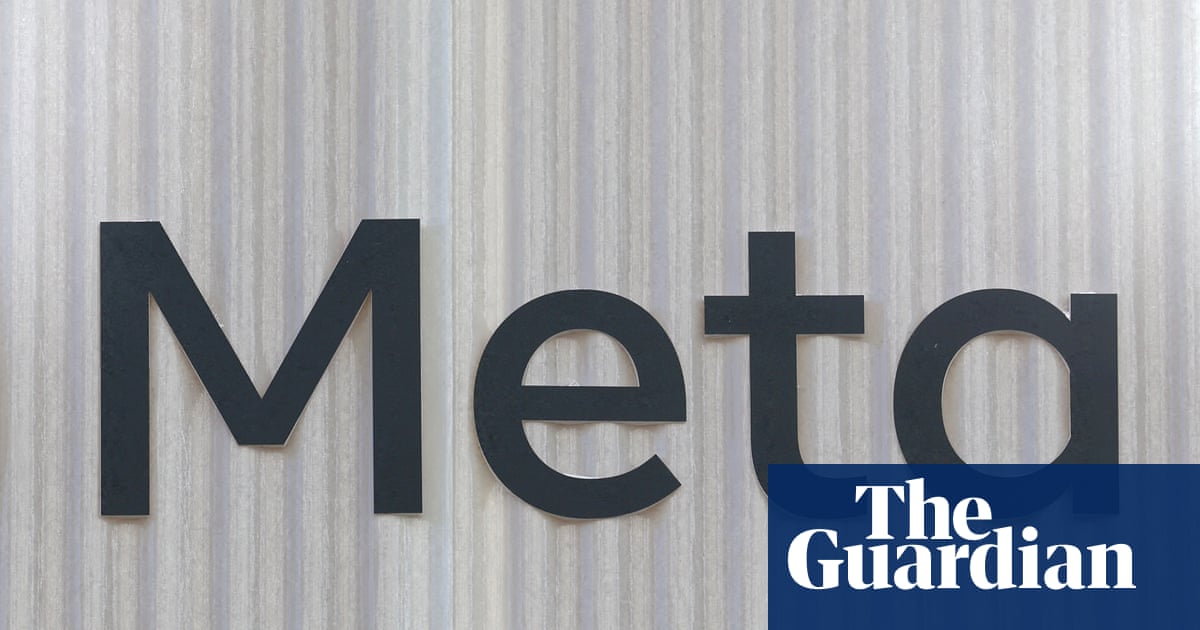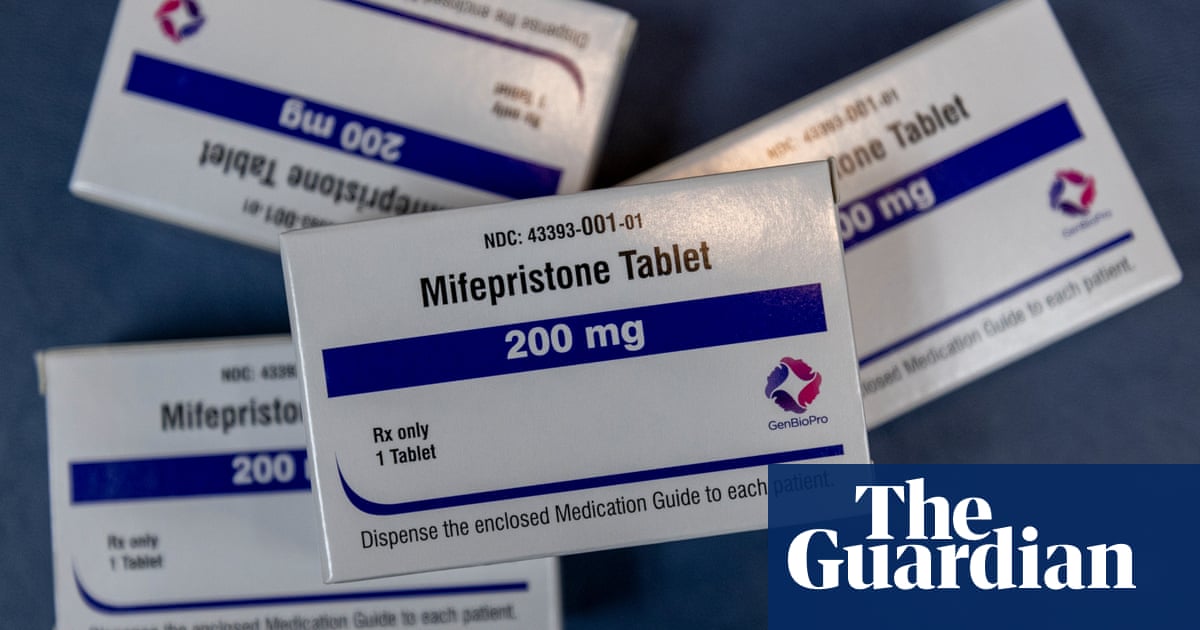The stars never aligned for a grand merger of BP and Shell over the decades, despite the deal being touted regularly as inevitable at some point. How about now?
BP has been torturing itself, its shareholders and the outside world with its on-off green transition plans and its ponderous strategic “re-sets”. Not even a hard kick from the activist boot of Elliott Management has enlivened an underperforming share price. In the background, the oil price is on the slide, which is traditionally when boardroom thoughts turn to deal-making in search of easy cost-cutting wins.
And here comes a report from Bloomberg over the weekend stating that Shell is studying the merits of a bid for BP, albeit with the important qualification that the would-be target’s share price might have to fall further to make the arithmetic stack up.
Naturally, it would have to be a takeover, rather than a merger of equals these days, because Shell’s stock market value of £146bn towers over BP’s £56bn. In the game of fantasy deal-making, one can imagine how a pitch would go: it would be sold as a final opportunity in the oil industry’s sunset years (we hope), to build a European mega-cap firm to rival US giants ExxonMobil and Chevron.
Don’t hold your breath, though. The obstacle to a deal is large and is constantly emphasised by Shell’s executives: the arithmetic of a takeover has to beat the appeal of share buy-backs, which now looks a very tall order.
“I have said in the past that we want to be value hunters,” Shell’s chief executive, Wael Sawan, said alongside last week’s first-quarter numbers. “Today, value hunting – in my view – is buying back more Shell.”
He would say that, one might say – he’s not going to speculate lazily about mega-bids and empire-building. But, actually, the point is surely correct: if you’re generating oodles of cash, as Shell is, and you think your shares are dirt cheap, you need a genuinely spectacular reason not to keep buying those shares in large quantities.
Shell’s share buy-backs have run at $3bn or more for 14 quarters in a row – call it $42bn, or £31.5bn, in total, or slightly more than a fifth of today’s market value in three-and-a-half years. In the share-repurchase stakes, that is going some.
The exercise hasn’t done much for Shell’s share price lately – it’s down 15% in the past 12 months – but that is hardly an argument for giving up on buy-backs if you can still afford them and still believe the company is undervalued.
“As the oil price has gone down, they [the shares] have actually got cheaper. So it’s an even better capital allocation for us,” said Sinead Gorman, the finance director, on the same investor call. Quite. Since the company’s charts showed buy-backs continuing even at an oil price of $50 a barrel, versus $62 today, it’s hard to see what problem a BP takeover would solve.
after newsletter promotion
Indeed, as UBS’s analysts pointed out, the life of Shell’s reserves would fall from 8.9 to 8.1 years. It would also be paying a premium price for the privilege of fixing BP’s over-borrowed balance sheet. On the plus side, Shell would be bigger in the Gulf of Mexico (or Gulf of America in Trump-speak) and have 23% of the world’s market for liquified gas plus an even more enormous trading operation. But, again, one comes back to off-putting buy-back maths.
There’s a price for everything, of course, and Shell’s deal-making department wouldn’t be doing its job unless it was weighing up possibilities. It might also have to be alert to national politics if somebody else tried to pounce on BP: even a UK government that has given up on issuing North Sea exploration licences might have a view that Shell, rather than a US buyer, would be better. But there is no need for Shell to take the initiative: the maths, even with BP’s woes priced in, still don’t look compelling.

.png) 5 hours ago
2
5 hours ago
2













































